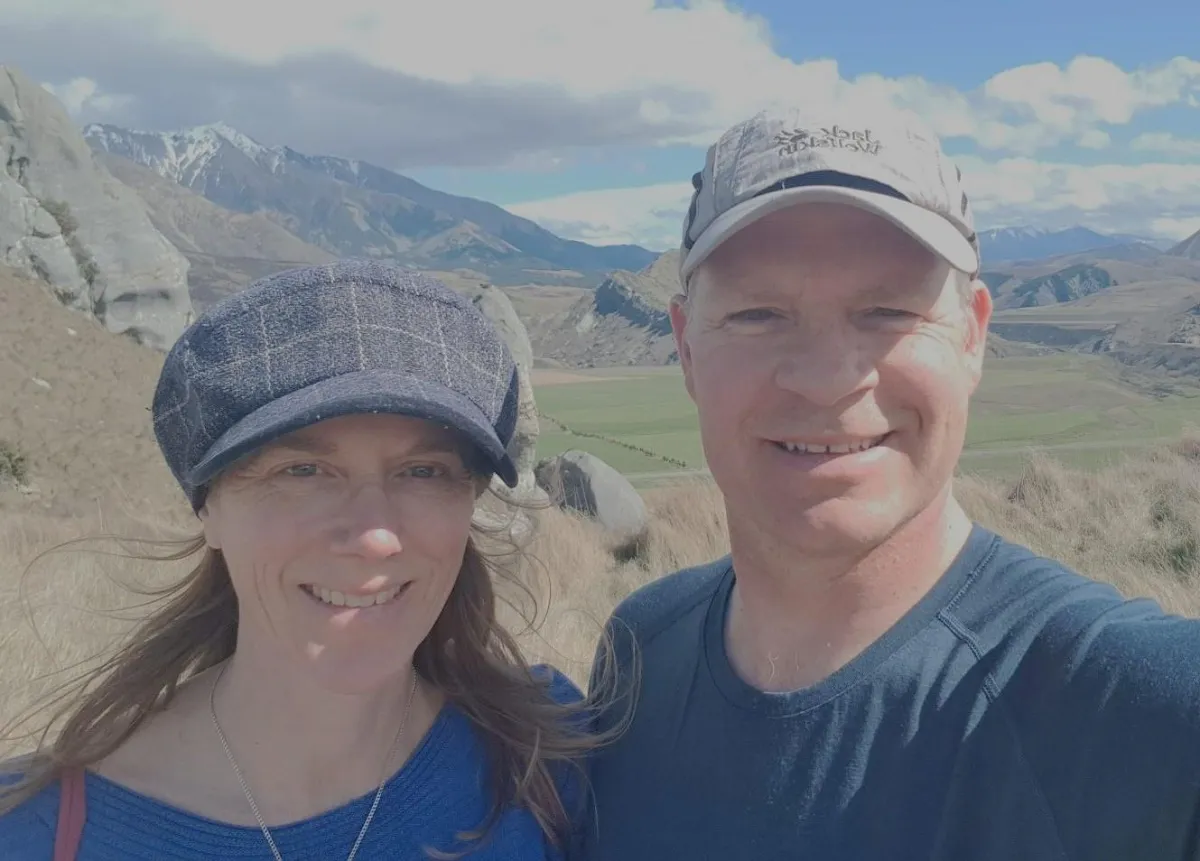
Weight Loss Mindsets: Emotions, Nutrition, and the Power of Listening to Your Body
When it comes to weight loss, most people focus on diets and exercise routines. While these are important, they only address part of the bigger picture. True, sustainable weight loss involves much more than counting calories or running on the treadmill. It’s a holistic journey that includes not only your physical health but also your emotional well-being, mental state, and how well you listen to your body’s needs.
In this article, we’ll explore the critical role emotions and moods play in weight loss, how our childhood and past conditioning impact our relationship with food, and the importance of proper nutrition. We’ll also introduce the benefits of Aligned Bodymind Coaching, which can guide you toward a healthier, more aligned relationship with your body.
Emotions, Moods, and Metabolism
Our emotions and moods have a significant impact on our metabolism. Stress, anxiety, and other negative emotional states can trigger a fight-or-flight response, releasing cortisol and other stress hormones that slow down digestion and metabolism. When our bodies are in a constant state of emotional unrest, we tend to store fat, especially around the midsection, as a survival mechanism.
On the other hand, positive emotions, such as happiness, joy, and contentment, have the opposite effect. They relax the body, promote digestion, and can actually increase metabolic function. This is why it’s important to not only focus on what we eat but also how we feel when we eat.
When we are mindful of our emotions, we create a healthier relationship with food. Instead of stress-eating or reaching for sugary snacks when we’re feeling anxious, we can choose healthier options that align with our goals. But this requires self-awareness and emotional intelligence, both of which can be developed through coaching and practice.
Emotional Eating and Cravings

Emotional eating is one of the most common obstacles people face on their weight loss journey. We often eat not because we’re physically hungry but because we’re trying to soothe an emotion or fill a void. This is especially true when we’re dealing with emotions like boredom, loneliness, sadness, or stress.
When we’re not aware of these emotional triggers, we can find ourselves stuck in a cycle of overeating, guilt, and frustration. But once we identify the underlying emotions that are driving our eating habits, we can start to make better choices.
Cravings are another common challenge. Many people crave comfort foods when they’re feeling stressed or anxious, which can lead to unhealthy eating patterns. But cravings can also be a signal from your body that it’s lacking specific nutrients. For example, a craving for chocolate may indicate a magnesium deficiency. By paying attention to your body’s signals, you can better understand what it truly needs.
Self-Perception and Weight
Our mental state plays a critical role in weight loss. If we have a negative self-image or constantly criticize our bodies, it’s harder to make the changes necessary for weight loss. This is why self-love and body acceptance are so important. When we love and appreciate our bodies, we’re more likely to treat them with care and make healthier choices.
However, this doesn’t mean that self-love is an excuse for complacency. It’s about finding the balance between accepting where we are now and being motivated to improve our health. A positive self-image can lead to better habits, improved motivation, and a greater sense of well-being.
Coaching can be a powerful tool in helping you develop a healthier self-image. By working with a coach, you can learn how to shift negative thought patterns, embrace self-compassion, and find the inner motivation to reach your goals.
Childhood Conditioning and Food Habits
Our relationship with food is often shaped by our upbringing. From a young age, we develop certain beliefs and habits around food, many of which come from our families. If you grew up in a household where food was used as a reward or comfort, you might find yourself turning to food in times of emotional distress. Similarly, if your family emphasized “cleaning your plate,” you might struggle with portion control.
Childhood traumas or past experiences can also play a role in emotional eating. For example, if you experienced neglect or abuse, food might have become a source of comfort or control. These deep-rooted patterns can be difficult to break, but with the right support and guidance, it’s possible to heal from the past and develop a healthier relationship with food.
The Role of Nutrition in Emotional and Physical Well-Being

While emotions play a big role in weight loss, we can’t overlook the importance of nutrition. Proper nutrition not only supports your physical health but also affects your emotional well-being. When we’re lacking in key vitamins and minerals, it can lead to mood swings, low energy, and even depression. For example, deficiencies in magnesium, vitamin D, and omega-3 fatty acids have been linked to emotional imbalances.
By paying attention to what you eat and how it makes you feel, you can begin to create a diet that supports both your emotional and physical health. This means eating whole, nutrient-dense foods that fuel your body and nourish your mind. It also means listening to your body’s signals—when you feel tired, sluggish, or irritable, it could be a sign that your diet needs an adjustment.
At Aligned Harmony, we believe that nutrition is a key component of overall well-being. Our coaching sessions help clients develop a personalized nutrition plan that supports their unique needs and goals.
Listening to and Loving Your Body
One of the most powerful tools you have for achieving lasting weight loss is your connection with your body. When you truly listen to your body and treat it with love and care, you start to make choices that support your well-being. This means paying attention to how different foods make you feel, honoring your hunger and fullness cues, and being mindful of emotional triggers.
Through practices like mindful eating and body awareness, you can develop a deeper connection with your body. This allows you to make choices that are aligned with your health and well-being, rather than being driven by external pressures or emotional states.
At Aligned Harmony, we guide our clients through this process of reconnecting with their bodies. We help them develop the skills and awareness they need to make empowered choices and build a healthy, balanced relationship with food.
How Aligned Bodymind Coaching Can Help
At Aligned Harmony, we offer personalized coaching that addresses both the emotional and nutritional aspects of weight loss. Our approach focuses on helping clients heal their relationship with food, develop emotional resilience, and create a personalized nutrition plan that supports their goals.
We offer a free discovery call, a 15-minute session where we can discuss your challenges and goals and explore how our coaching can support you on your journey to better health.
Whether you’re struggling with emotional eating, cravings, or finding the right diet, our coaching can provide the support and guidance you need to achieve lasting change.
Healing the Body Through Supplements
In addition to coaching, we recommend high-quality supplements to fill any nutritional gaps that might be affecting your weight and emotional health. Modern diets often lack essential nutrients, and supplements can help ensure that your body is getting what it needs to function optimally. We offer an affiliate link to trusted supplements that support energy, metabolism, and emotional well-being.
Conclusion: A Holistic, Balanced Approach to Weight Loss
Weight loss isn’t just about eating less or exercising more—it’s about aligning your body, mind, and emotions. By addressing the emotional aspects of eating, reconnecting with your body, and nourishing yourself with the right foods, you can achieve lasting, sustainable weight loss.
If you’re ready to take the first step toward a healthier, more balanced life, book a free discovery call with us at Aligned Harmony today. We’re here to support you every step of the way.

